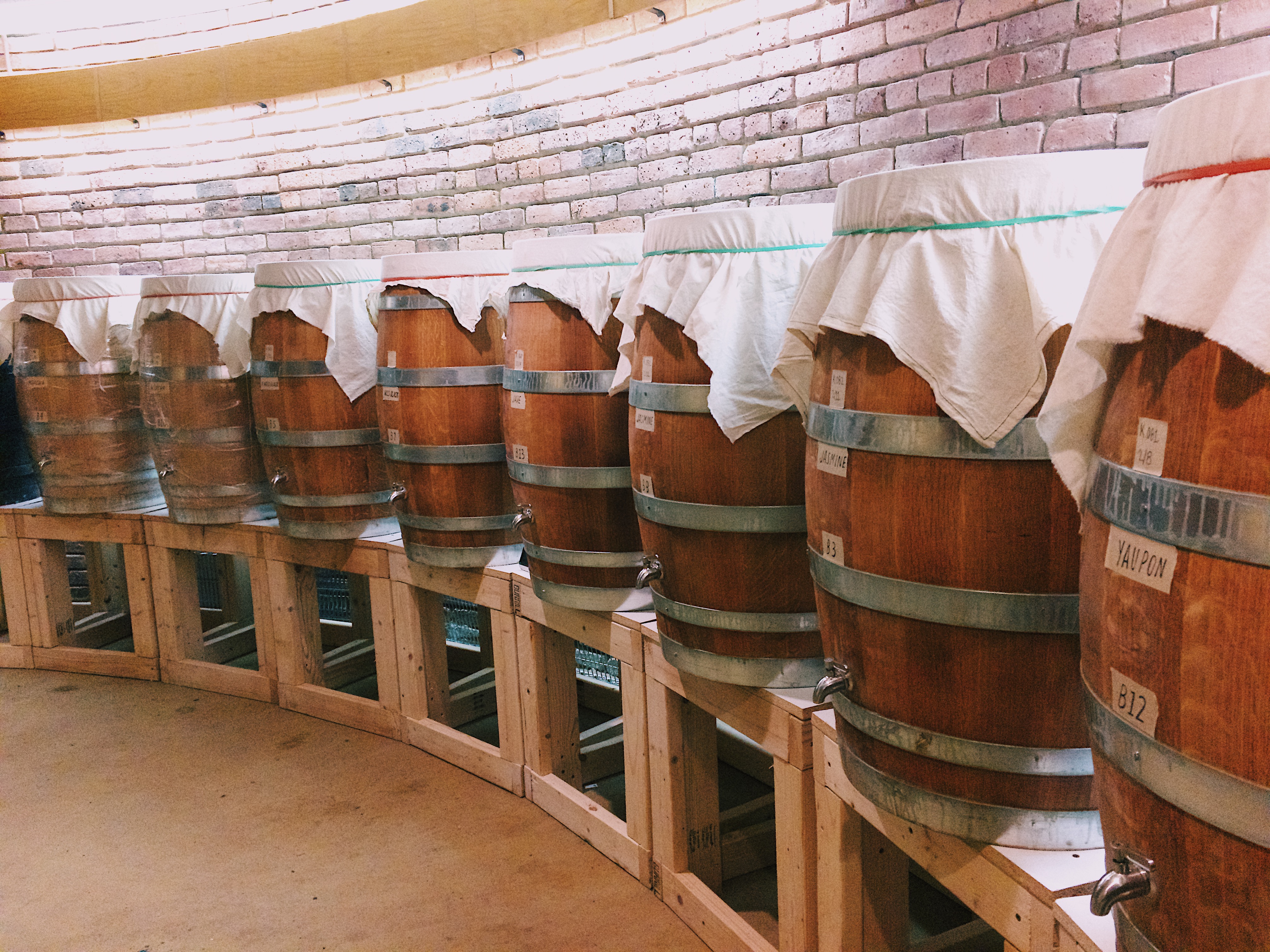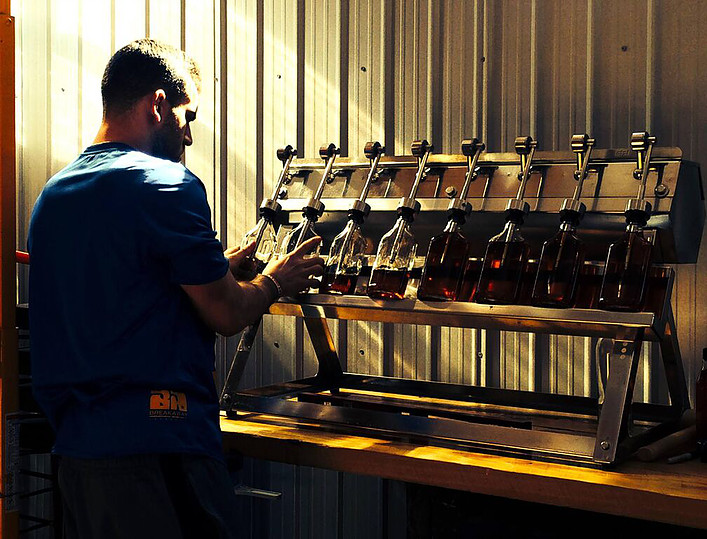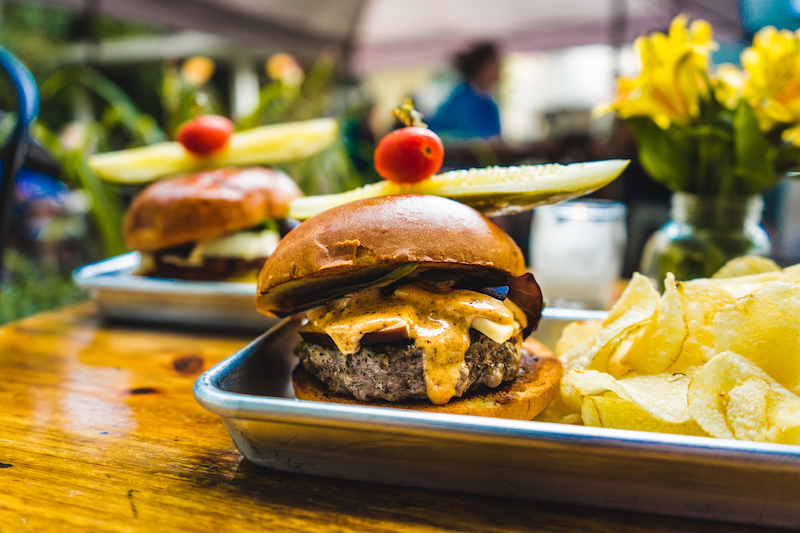This article first appeared in The Alt on March 13, 2018.
“Within reason, we definitely want to start making more,” Adam Elabd, lead brewer at Yesfolk, recently said over the phone. While sharing its kombuchas and water kefirs with “the whole eastern seaboard” might not be desirable or possible, given the family-run business’ aversion to shortcuts and preference for self-distribution, Yesfolk does intend to “slowly increase production,” Elabd said.
More than two dozen Capital Region establishments now carry the Troy-based brewery’s fermented tonics, though the business only started up around last summer. Its first CSA-style membership run ended just last month. “Chill Fills Club” members paid $88 total for two 32-ounce growler fills (or $124 for three) every other week for two months. Perks included a brewery tour and workshop admission. Fill combinations varied each week and included limited-release, or unreleased, iterations.
“CSAs generally aren’t just two months—they’re usually for a season or even up to a whole year,” said Elabd. “But we just kind of wanted to start small and see how it went.” It went pretty well, evidently: Another round will launch as soon as next month.
Part of the fun of the membership model, Elabd said, is hosting guests every Saturday afternoon at the brewery’s tasting room, located in a church—more specifically, The Church, an artist studio/event space—in Troy’s Hillside neighborhood. There is no archetypal Yesfolk fan, but when “craft beer and wine appreciators” see the oak barrels used for fermenting single-origin, high-quality teas for kombucha, they are apt to be intrigued, even if the business’ beverages are classified as non-alcoholic.
New York’s craft beverage boom, in other words, has likely allowed Yesfolk to reach a broader audience than it might have otherwise reached. The Times Union’s Steve Barnes remarked last year that kombucha was once “thought of as a wince-inducing, because-it’s-good-for-you beverage that hippies sought out in the bulk section of food co-ops,” and indeed, Honest Weight Food Co-Op started carrying Yesfolk’s tonics on draught this January. But the potential health benefits are by no means their only selling point (mixing them with spirits, for instance, is totally allowed).
With more people visiting local breweries, wineries, distilleries, meaderies, etc. and sampling their products, “there’s already sort of a language and culture and understanding of craft beverage appreciation and what it means for something to be artisanally produced,” Elabd said. Yesfolk is now a stop on the Capital Craft Beverage Trail, a “drinking tour” that includes more than two dozen producers.
Other local businesses—including Superior Merchandise Co., Rare Form Brewing Company, and Sunhee’s Farm and Kitchen—also provided Yesfolk vital platforms for initial pop-up events. These have continued: Yesfolk launched its first kombucha can at SMCo last month.
And so, as inquiries come in from increasingly far-flung locations, Elabd says Yesfolk will stay focused on providing the more immediate community “something different and delicious that feels good and tastes good.” Expansion may seem inevitable, but fermentation takes time.
Photo provided by Yesfolk.





